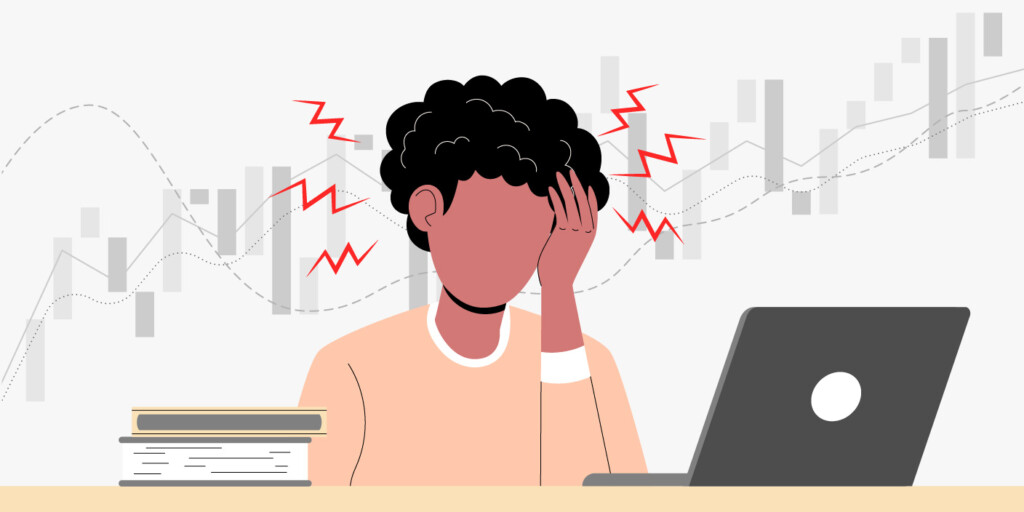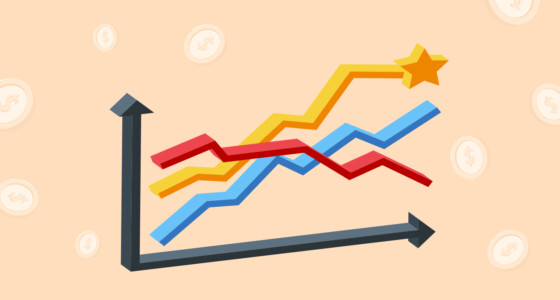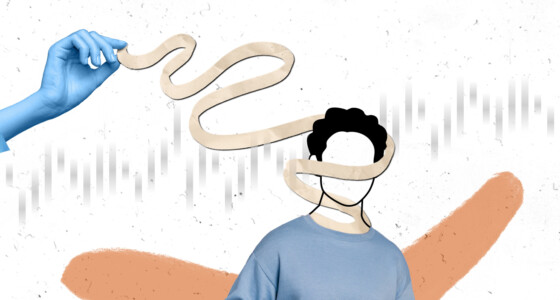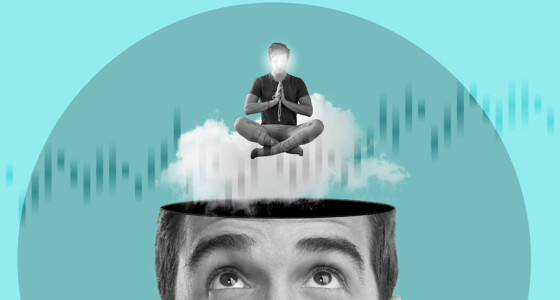

Emotional intelligence, or the ability to understand and manage one’s own emotions and those of others, can help people make informed decisions, navigate challenges, and build strong relationships.
One example is the late Apple CEO Steve Jobs, who was known for his captivating and emotional product presentations. He would build excitement and anticipation for a product launch, creating a strong emotional connection with the audience. By evoking emotions, Jobs was able to generate buzz and interest in Apple’s products, which helped to drive sales and establish the company as a leader in the tech industry.
This article will focus on the positive and negative sides of emotions in trading and share tips on how to control emotions in trading.
What is emotional trading?

“The biggest enemy of successful trading is emotional volatility, which clouds judgment and leads to poor decision-making,” says Mark Minervini.
Emotional trading refers to the impact of emotions on a trader’s decision-making in the financial markets. Traders may make decisions based on emotional responses to market events rather than objectively analyzing market data and making informed decisions.
While emotional trading can have negative consequences, such as impulsive trades and increased risk-taking, it is not 100% negative. Emotions can also play a positive role in trading, especially when they are understood and managed effectively.
Situations when emotions and trading go hand in hand

In certain situations, emotions can be useful in trading, so you don’t need to know how to avoid emotions in trading at all times. You just need to understand when and how to harness them in a productive manner.
Identifying market trends
Emotions such as excitement, enthusiasm, and confidence can help traders identify market trends and make informed trades. For example, when traders are excited about a market trend or confident in their analysis, they may be more likely to take action and make trades that align with their outlook.
Managing risk
By recognizing and managing emotions such as fear and greed, traders can make more informed risk management decisions and avoid costly mistakes. For instance, fear can lead traders to exit positions prematurely or avoid taking on necessary risks.
Making decisions under pressure
“In the heat of battle, in the face of extreme market pressure, the most important factor is emotional discipline.”
Martin Schwartz
In high-pressure situations, emotions such as calmness, patience, and resilience can help traders make logical and well-informed decisions.
Enhancing intuition
For example, a trader with strong emotional intelligence may be able to recognize a pattern in the market and make a trade based on their instincts, even if the market data hasn’t caught up. This can lead to successful trades and help traders stay ahead of market trends.

How to control your emotions in trading

Overreliance on emotions can lead to impulsive and poorly thought-out trades, which can result in significant losses. To make the most of emotions in trading, it’s important to strike a balance between the benefits and risks associated with them. It’s also important to know how to overcome emotions in trading when they’re getting out of hand.
Here are several techniques that can help you:
- Developing a solid trading plan and sticking to it, no matter how you feel
- Keeping a trading journal to track your progress and reflect on your emotions
- Avoiding impulsive decisions and focusing on logic over emotions
- Managing risk through diversification
- Celebrating small wins and learning from losses instead of dwelling on them
- Taking care of your physical and mental health, such as through exercise and proper sleep
- Reminding yourself of the long-term perspective and not getting too caught up in short-term results
Emotions can play a role in trading and can have an impact on decision-making. However, it’s important to recognize that emotions can also be a source of bias and irrationality. Managing emotions in trading is crucial if you want to make decisions based on a clear and rational analysis of the markets and available information.
Sources:
Trading psychology – overview, impact of biases, how to improve, Corporate Finance Institute
Why you must control your emotions while trading in the stock market, Forbes








